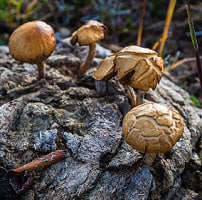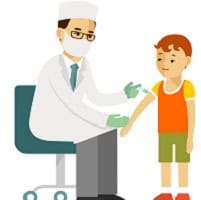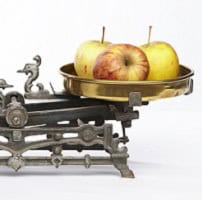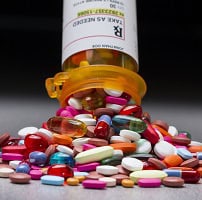Denver Decriminalizes Magic Mushrooms
Posted on May 10, 2019
by Thaddeus Camlin, Psy.D.
Possession of psychoactive fungus is no longer a crime in Denver, Colorado. Denver's decriminalization of psilocybin (the magic in magic mushrooms) is a major step forward in efforts to end the disastrous drug war, failed prohibition efforts, and the injustice of mass incarceration. Decriminalizing psilocybin is also a major step forward in advancing the use of psychedelics to improve treatment for numerous issues including anxiety, depression, PTSD, OCD, and addiction. In light of Denver’s bold and courageous move, this week let us consider the idea that psychedelics in general, and psilocybin specifically, might advance the quality of medical and mental health care significantly.
Magic Mushrooms Have a Place in Medicine
Mushroom therapy for addict...
full story










